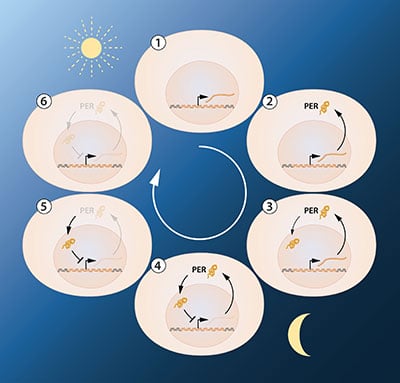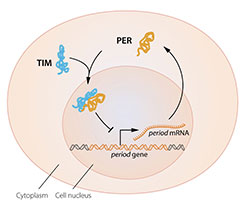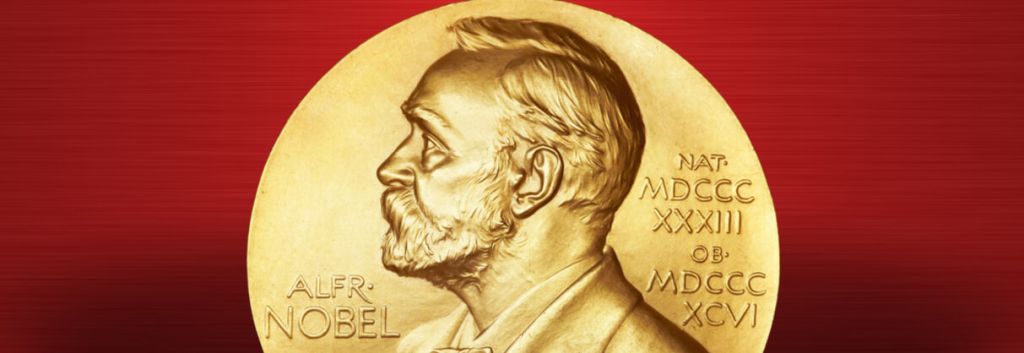Newsletter Signup - Under Article / In Page
"*" indicates required fields
The Nobel Prize Committee has made CRISPR wait at least one more year, as it was pipped by research into the mechanisms underlying circadian rhythm.
The 2017 Nobel Prize in Physiology or Medicine has been awarded to Jeffrey C. Hall, Michael Rosbash and Michael W. Young. There had been whispers that CRISPR would take home the prize, but the Nobel Assembly instead selected the research depicting the mechanism by which humans, animals and plants respond to different phases of the day. We now know the mechanism that all multicellular organisms share to control circadian rhythms.
The winners are experts in the chronobiology field – which looks at cyclic phenomena of living organisms in accordance with solar and lunar rhythms – and years of collaboration paid off as they elucidated the workings of our biological clock.

In 1984, the three Nobel laureates collaborated to isolate the period gene, which when mutated disrupts the circadian clock of fruit flies. They went on to discover that period encodes a protein, PER, which accumulates overnight but is degraded throughout the day. Hall and Rosbash hypothesized that PER regulated its own production via an inhibitory feedback loop. But, to manage this, PER must get into the nucleus after its production in the cytoplasm.

In 1994, Micahel Young discovered a second gene, timeless, that encodes a protein, TIM, which is required for normal circadian rhythm. TIM’s role is to chauffeur PER into the nucleus, where it can block the activity of the period gene. A third protein, DBT, encoded by the doubletime gene was also identified which delays the accumulation of PER.
Our inner biological clock regulates a number of important functions throughout the day, including behavior, hormone levels, sleep, body temperature and metabolism. It can explain phenomena such as ‘jet lag’, but the chronic misalignment of our lifestyle and circadian rhythm is associated with an increased risk of diseases, such as atherosclerosis, diabetes and cancer. Therefore, finding ways to manipulate the system could be used to improve our health and well-being.
This new approach could be particularly helpful for conditions that we haven’t had much luck with so far, for example, Alzheimer’s. A disrupted circadian rhythm and sleeping pattern is a common symptom of Alzheimer’s and could contribute to disease pathogenesis. Idorsia has recently seen its candidate for insomnia pass Phase II. Its mechanism is uncertain, but it is thought to involve the integration of metabolism, circadian rhythms and sleep debt to increase wakefulness.
We are excited to see how this ground-breaking research will affect biotech and the new approaches that it could inspire. No doubt CRISPR‘s fans will be disappointed that it missed out again. I’m sure its time will come, perhaps once the technology finally enters human clinical testing or if it can provide a platform to improve the efficiency of the drug development process.
Images – Paramonov Alexander / shutterstock.com; Nobel Prize






